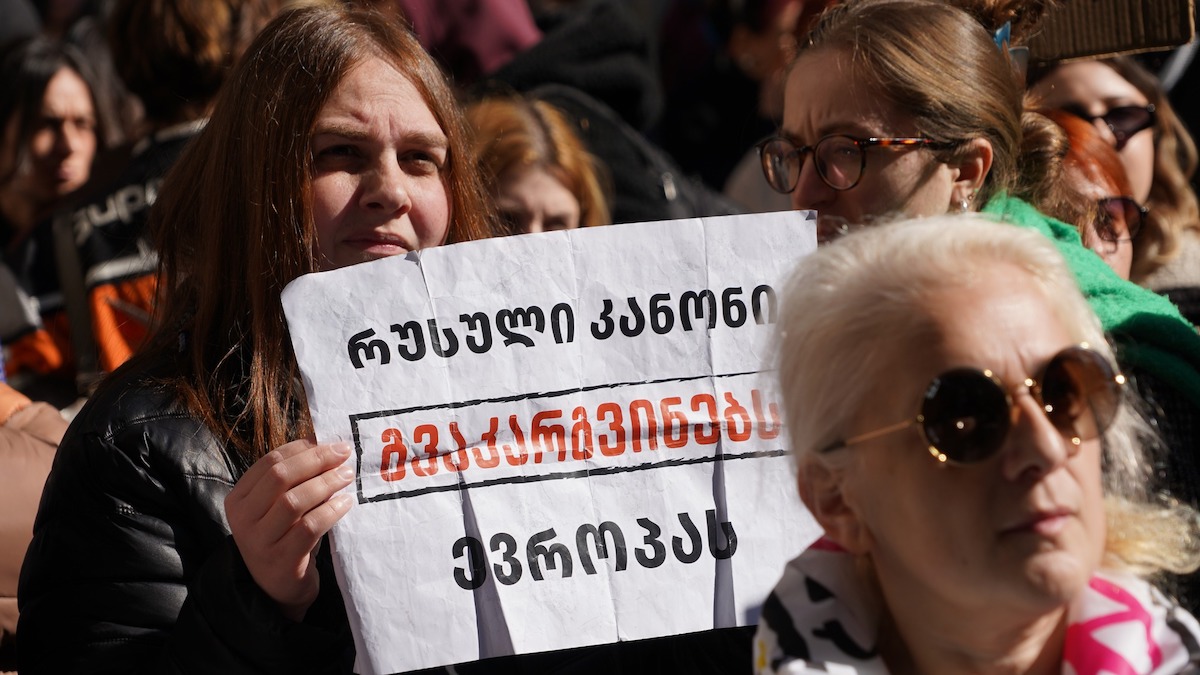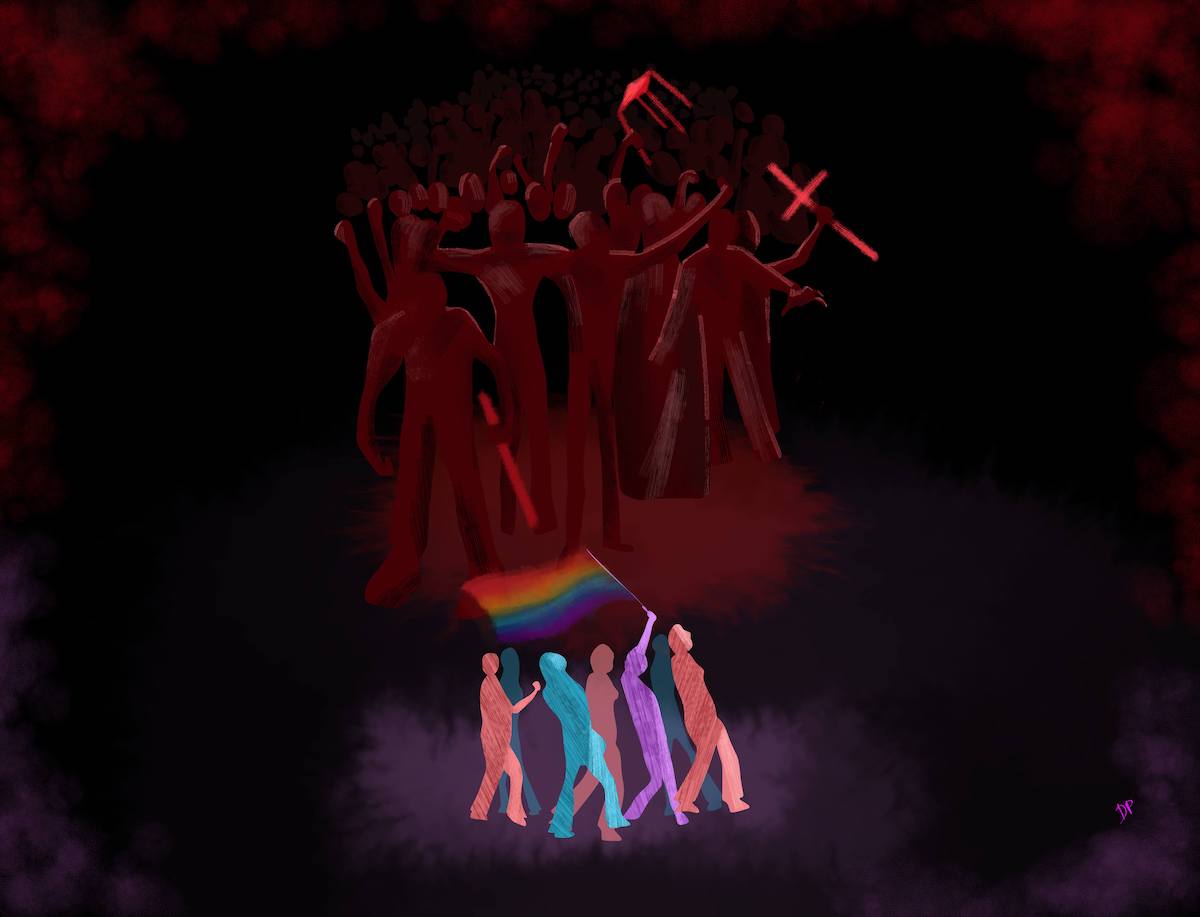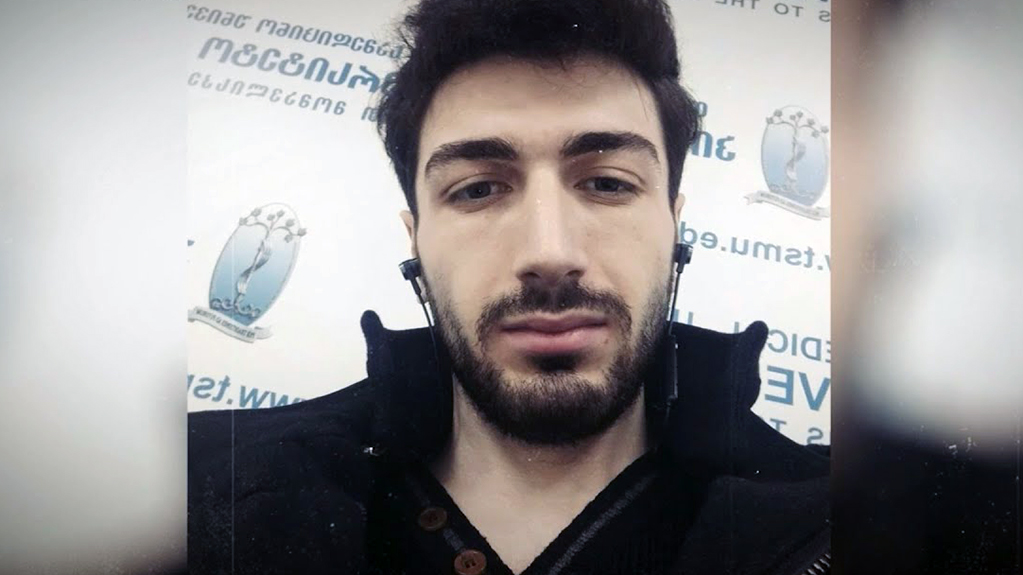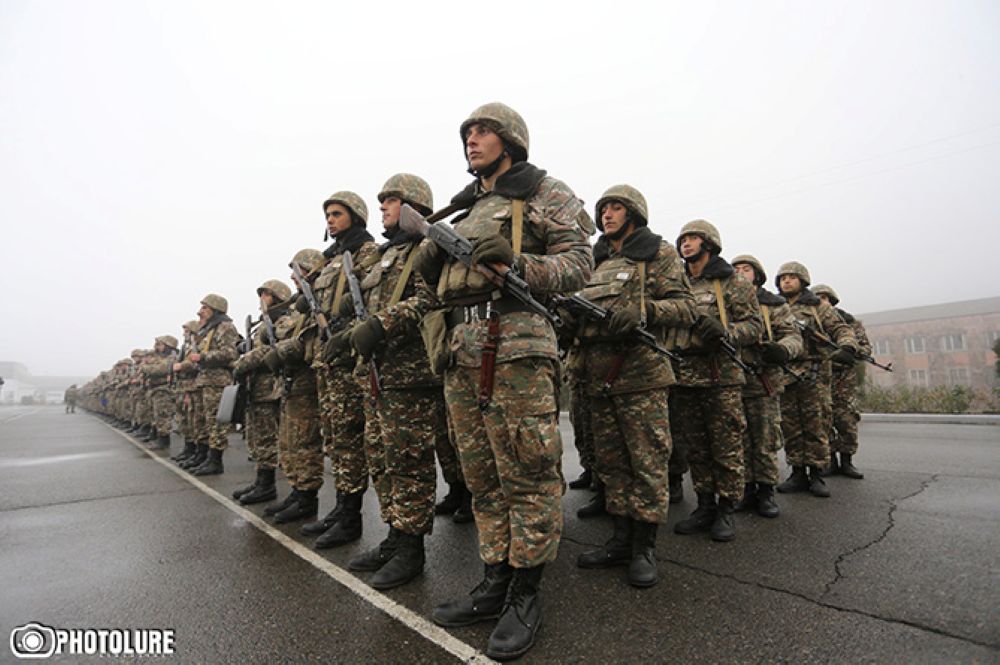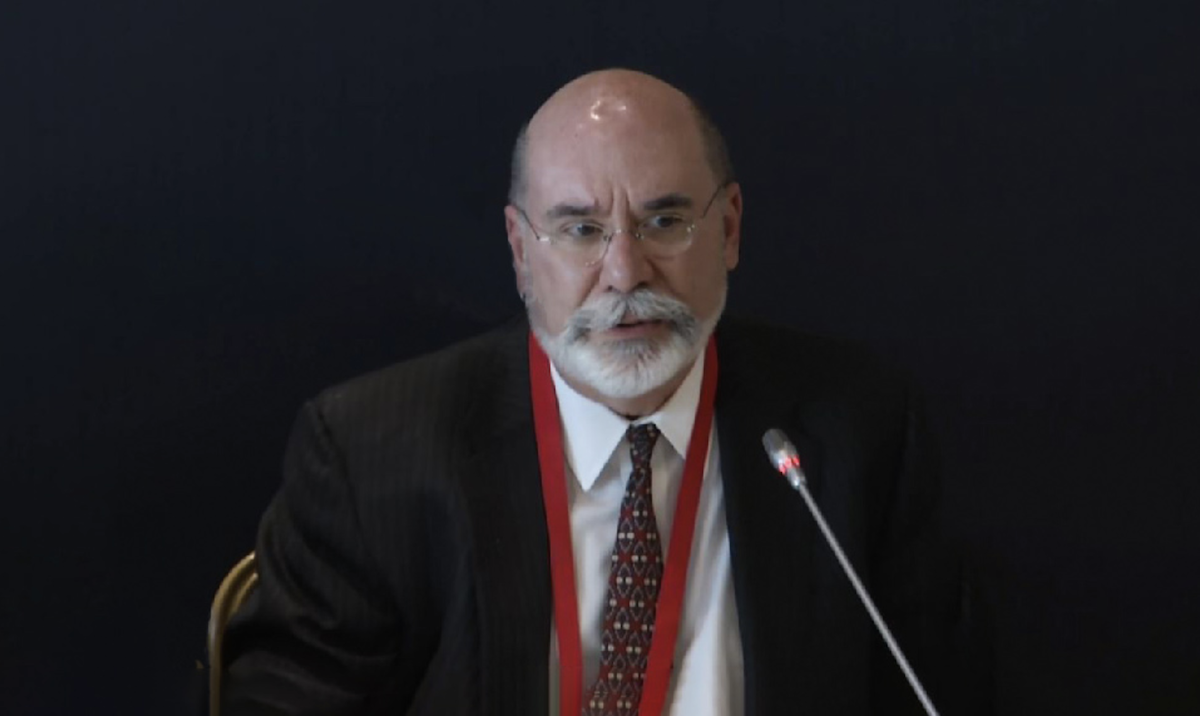Speaker of the Georgian Parliament signed a law against LGBT. The UN calls on authorities to repeal it
Law against LGBT in Georgia
Chairman of the Georgian Parliament Shalva Papuashvili signed a homophobic anti-LGBT law. President Salome Zourabichvili did not sign it yesterday, on October 2.
The Joint United Nations Programme on HIV/AIDS (UNAIDS) expressed concern about the propagandistic and homophobic law and called on the Georgian authorities to repeal it.
Shalva Papuashvili, speaking about the law that restricts people’s rights, claims that, on the contrary, “this law protects the rights of all citizens, including freedom of expression, in a way that does not infringe on the rights of others, which is the essence and idea of true democracy.” He also added that “both the people and the clergy stand behind the signing of this law.”
What does UNAIDS say?
As stated in the program’s statement, the law poses a serious threat to the public health of Georgia and human rights.
UNAIDS also supported the statement by the Office of the UN High Commissioner for Human Rights, which said that the new legislation “introduces discriminatory restrictions on education, public debates, and gatherings related to sexual orientation and gender identity.”
“These laws violate fundamental rights to dignity and equality, increase stigmatization, and hinder the LGBTQ+ community’s access to essential medical services. This, in turn, undermines Georgia’s efforts to eradicate HIV/AIDS and combat other infectious diseases.”
“Laws that discriminate against LGBTQ+ people have no place in modern society, as they lead to persecution, discrimination, violence, and social isolation, which jeopardize efforts to end the HIV epidemic.”
“We urge the Georgian authorities to repeal this law, as it will only further isolate marginalized communities and worsen public health. Stigmatization kills, while solidarity saves lives. Protecting the rights of LGBTQ+ people is crucial for promoting public health, social cohesion, and equality,” the statement said.
On September 17, the Georgian Parliament passed a discriminatory and homophobic law against LGBT.
“Georgian Dream” claims that with this law, the authorities aim to “protect family values,” but in reality, this law restricts the rights of the LGBT community and introduces censorship.
The bill, promoted by the “Georgian Dream” party, is allegedly aimed at “protecting family values,” but in reality, it limits the rights of the LGBT community and introduces censorship. The package consists of 19 bills, which, among other things, include restrictions on the freedom of assembly and the introduction of media censorship. The main bill in this package is titled “On the Protection of Family Values and Minors,” and the other 18 bills stem from it.
As part of this homophobic and propagandistic initiative, “Georgian Dream” also plans to introduce constitutional amendments, which require a constitutional majority—a majority the party does not yet have. According to the Speaker of Parliament, Shalva Papuashvili, this is why the authorities decided to pass the law at this stage, as it only requires a simple majority. As for the constitutional amendments, they plan to pursue them after the elections, if they manage to secure a constitutional majority in parliament.
In addition, “Georgian Dream” intends to amend Article 30 of the Georgian Constitution, which defines the family as a union between a man and a woman, by adding a third clause with the following content: “The protection of family values and minors is ensured by the constitutional law of Georgia.”
What is written in the bill?
● The “Georgian Dream” party included in the law a ban on the registration of alternative forms of marriage that are not a union between a man and a woman. Additionally, queer people will be prohibited from adopting minors. It is notable that these two rights are already restricted for queer people in Georgia, as the current law already prohibits such actions.
● Furthermore, the amendments worsen the rights of transgender people by restricting their access to medical services, including gender reassignment procedures, as well as the ability to adjust their gender in identity documents in accordance with their gender identity.
● The amendments also limit freedom of expression. According to Shalva Papuashvili, educational institutions will be prohibited from distributing information aimed at promoting identification with the opposite sex, same-sex relationships, or incest.
● In addition, the distribution of such information will also be banned on television, which likely implies the removal or concealment of certain scenes from films.
● If the law is passed, public gatherings and demonstrations aimed at promoting identification with the opposite sex, same-sex relationships, or incest will be prohibited.










